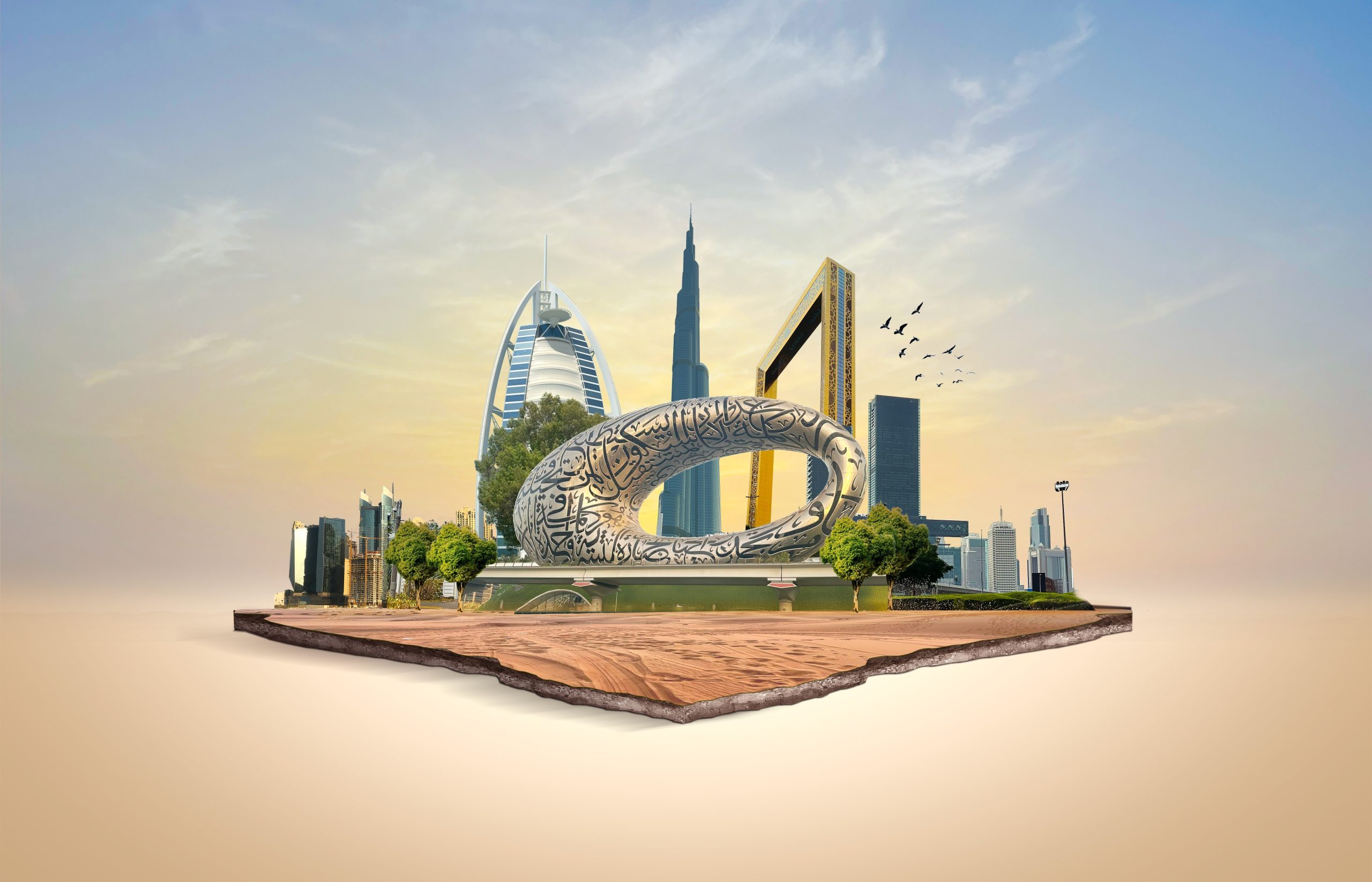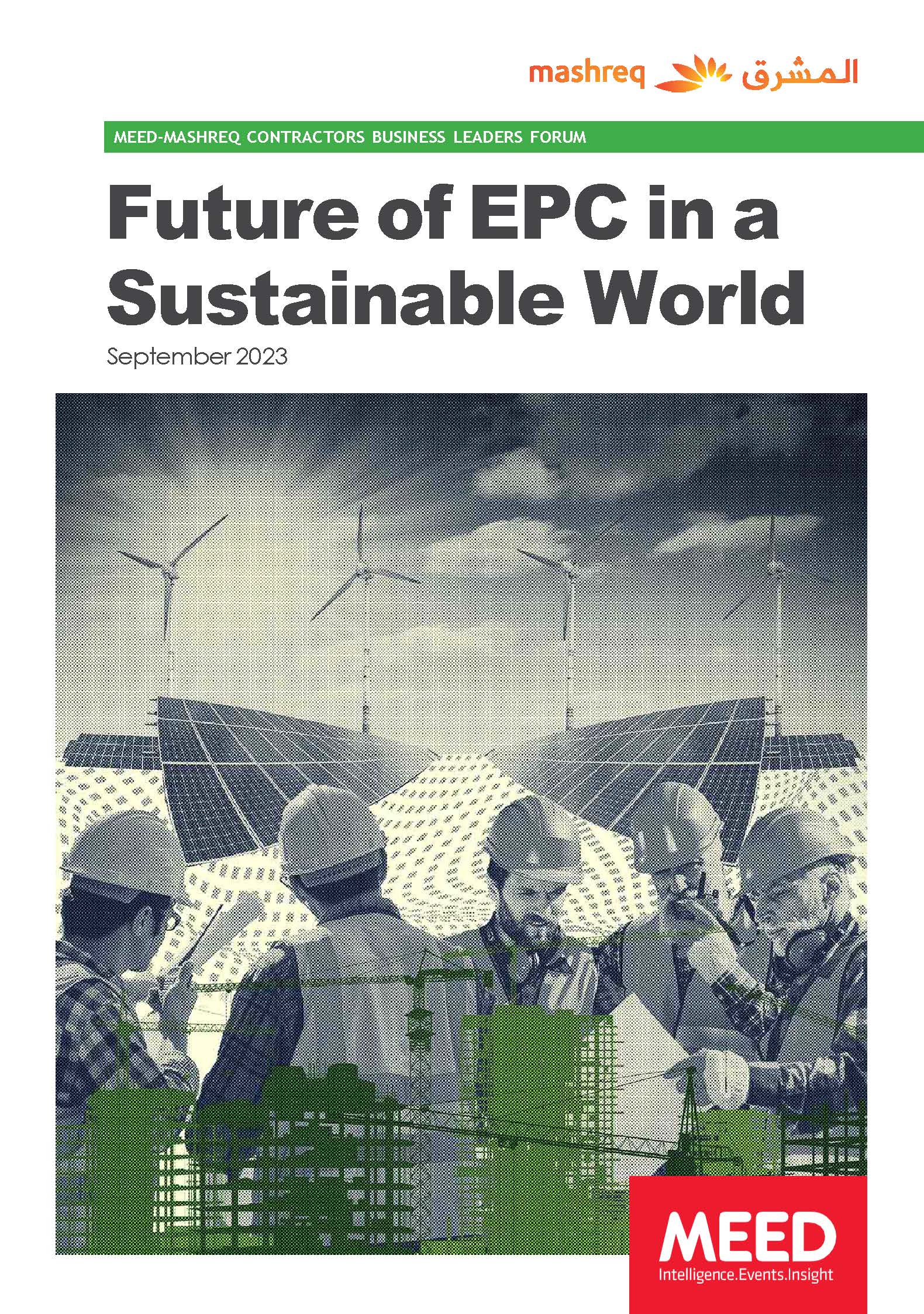Infrastructure investment driving regional construction sector

Dubai’s booming economy has seen it outpace rival markets in construction and infrastructure activity.
This momentum is guided by the Dubai 2040 Urban Master Plan, which aligns ambitious construction projects with the city’s bold vision for the future.
The growth in construction awards underscores this progress—rising from $10.9bn in 2022 to over $26bn annually in 2023 and 2024, according to MEED Projects data. That achievement is testament to the emirate’s ability to coordinate and steer projects to ensure that the emirate’s bold macro vision is blended with micro-level execution.
The key here is a centralised approach anchored around the Dubai 2040 Urban Master Plan, which sets out a series of objectives to make the city more liveable, sustainable and economically prosperous.
This has created more certainty about the government’s plans, including the timing and location of initiatives. Combined with better, more robust regulations and stronger demand dynamics, project stakeholders in Dubai have grown more confident about the market’s long-term fortunes.
The industry is now better able to activate and mobilise, as project deadlines and timescales become more realistic.
Decision makers gathered at the Mashreq MEED Construction Business Leaders Forum in December affirmed how the 2040 plan has delivered clear improvements.
“The Dubai 2040 plan should be looked at as a way to navigate your business. Every time there is an announcement, you can find a homing point for it in that plan,” said Chris Seymour, managing director of the Middle East and Africa at engineering firm Mace.
For example, the 2040 plan sets out the zoning aspects of where business hubs will be located and how developments will be divided.
It serves as a reference point, guiding the practical approach of Binghatti Holding, one of Dubai’s largest private real estate developers.
“The Dubai 2040 Urban Master Plan is one of the things we look at when studying projects and determining what is feasible, such as building horizontally versus building vertically,” said Katralnada Binghatti, CEO of Binghatti.
It places a heavy emphasis on enhancing and maximising the use of infrastructure and guided the Dubai Roads & Transport Authority’s (RTA) ambitious schemes to develop the emirate’s public infrastructure, including the $5.5bn Dubai Metro extension.
This focus on coordination and strategic direction is especially important as real estate developers become more involved in infrastructure.
Where Dubai developers’ portfolios were once dominated by real estate activities, recent years have seen their focus shift towards public works. Dubai Expo 2020 was pivotal in this process, as a real estate project that also created major-league infrastructure, such as the Dubai Metro Route 2020.
“You could view Nakheel as an infrastructure developer at times. Dubai Holding is taking a lot of the infrastructure risk that other private developers do not want to,” said Seymour.
Last year, Nakheel awarded construction contracts for infrastructure works serving the Palm Jebel Ali development, a major residential and leisure destination encompassing seven reclaimed islands that forms part of the Dubai 2040 Urban Master Plan and the Dubai Economic Agenda D33.
When Mace assigns a team to a project, particularly for Dubai Holding entities, it now also includes infrastructure people in the mix because it develops infrastructure alongside real estate.
Speeding up permit approvals is another clear focus for Dubai’s construction market players.
“The timeline from acquiring a plot to starting construction has increased from two to three months to three to six months,” said Binghatti.
That reflects the need to coordinate with an ever-growing number of authorities.
“It is not just a case of approaching Dubai Municipality, but also involves engaging with the RTA and Dubai Electricity & Water Authority,” said Binghatti. “Streamlining or centralising this process could help to reduce delays that impact real estate profitability.”
Dubai Municipality is working on this issue. In 2024, the authority issued 6,000 building permits for new construction schemes, a sign of the hectic pace of the market.
Basel Tachwali, a construction technology specialist at Dubai Municipality’s Building Regulation and Permits Agency, is looking to adopt a unified window approach to permitting. “We started out by unifying the building code, and now that is used across the board,” he said.
He added that larger developments can now obtain preliminary approval almost automatically, another factor that is speeding things up.
Role of technology
Technology will inevitably play a decisive role across the emirate’s construction sector.
Dubai saw the early inception of innovative technologies such as building information modelling (BIM) and 3D printing, enabling construction firms to accelerate project completion.
Technology deployment in the local construction market has two main aspects: digital and operational, the latter encompassing delivery methods and automation.
“In terms of digital technologies, Dubai is on the very mature end of the spectrum, with much of it regulated and many government entities utilising these technologies in their governance work,” said Tachwali.
Additionally, artificial intelligence has been heavily integrated into simulation work for occupancy loads, master planning, scenario building and execution of urban fabric plans and other use cases. However, more needs to be done in terms of operational technologies. One factor preventing adoption is the low cost of manpower in Dubai, meaning companies have not been able to justify the return on investment in tech.
To address this, Tachwali proposes a government partnership with real estate developers to develop early inception plans for technologies, where they are integrated from the start.
Technology appears destined to become another critical component of a coordinated approach to developing the Emirate’s built environment; one centred around the 2040 Urban Master Plan, which remains the touchstone for contractors, developers and government alike.
This connected vision is poised to drive the next phase of Dubai’s construction growth, as it seeks to maintain its lead over the regional competition.




